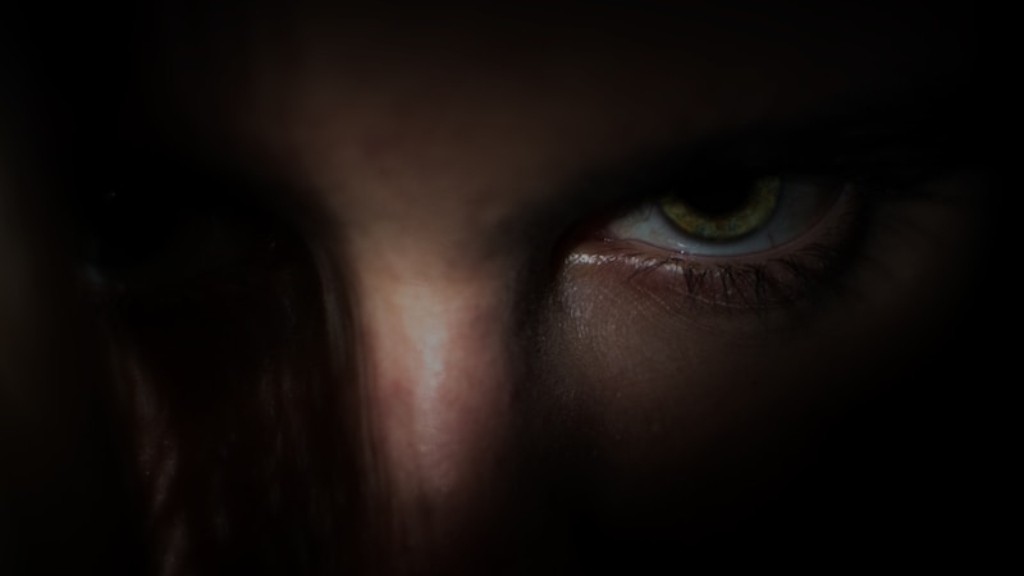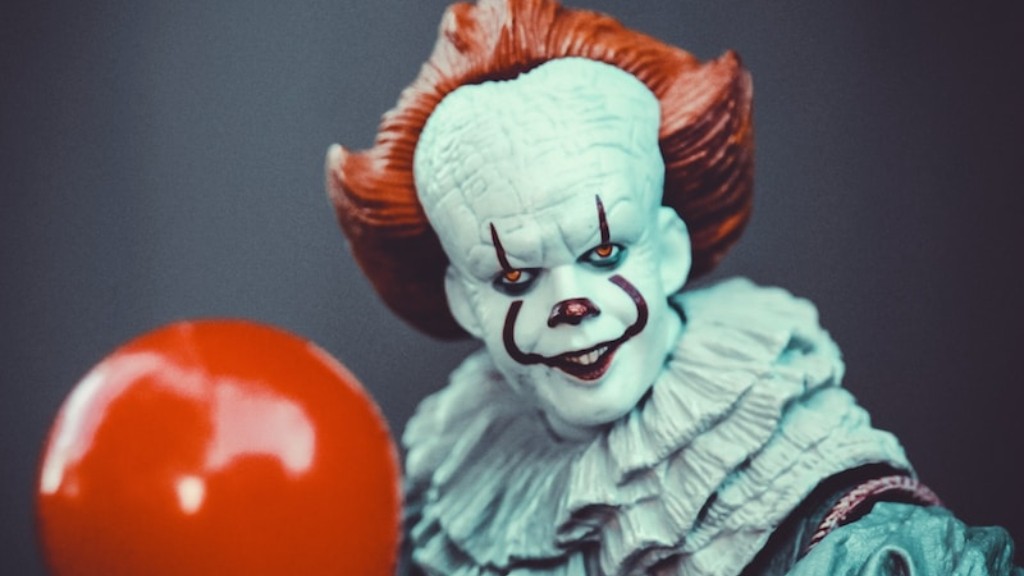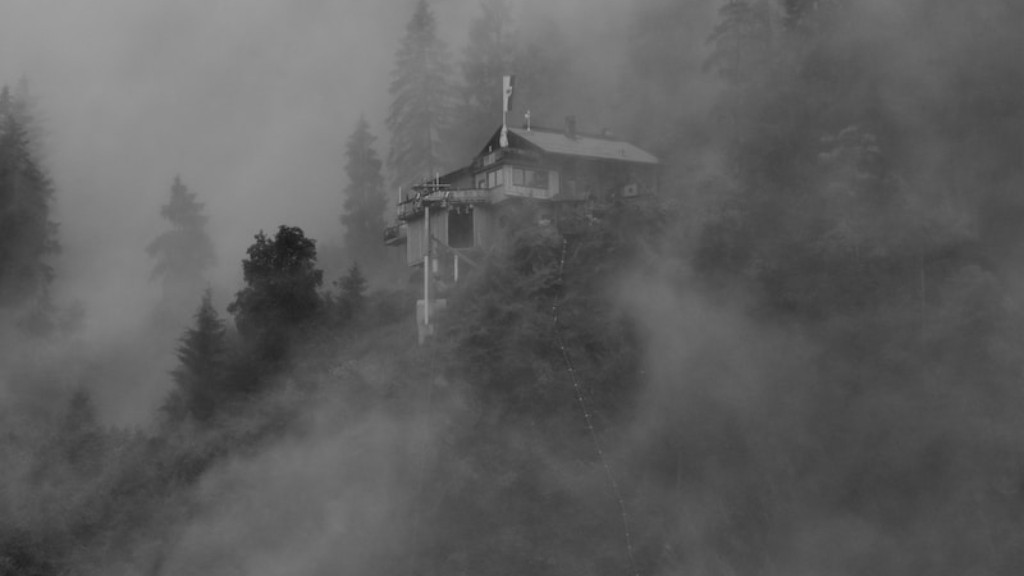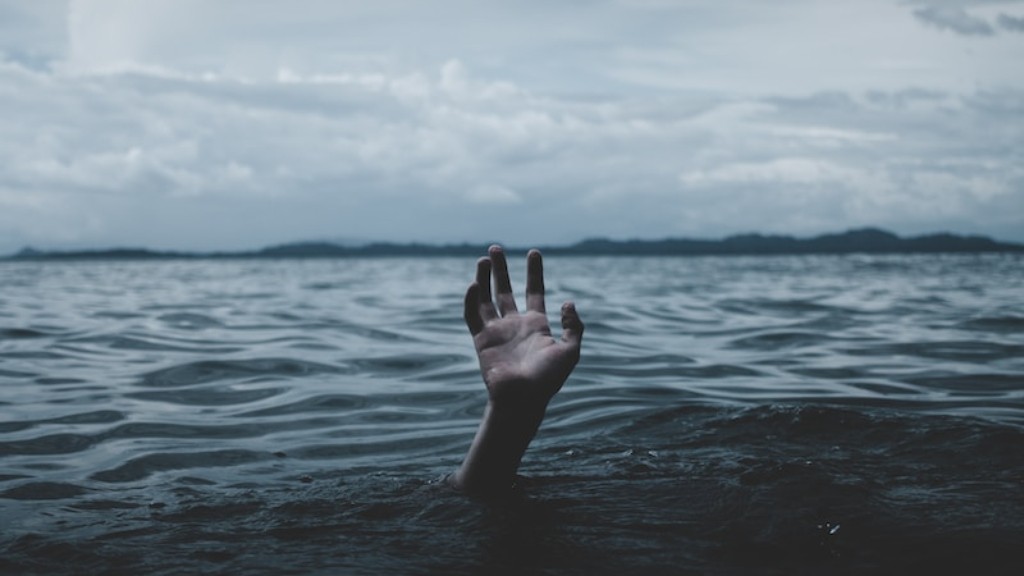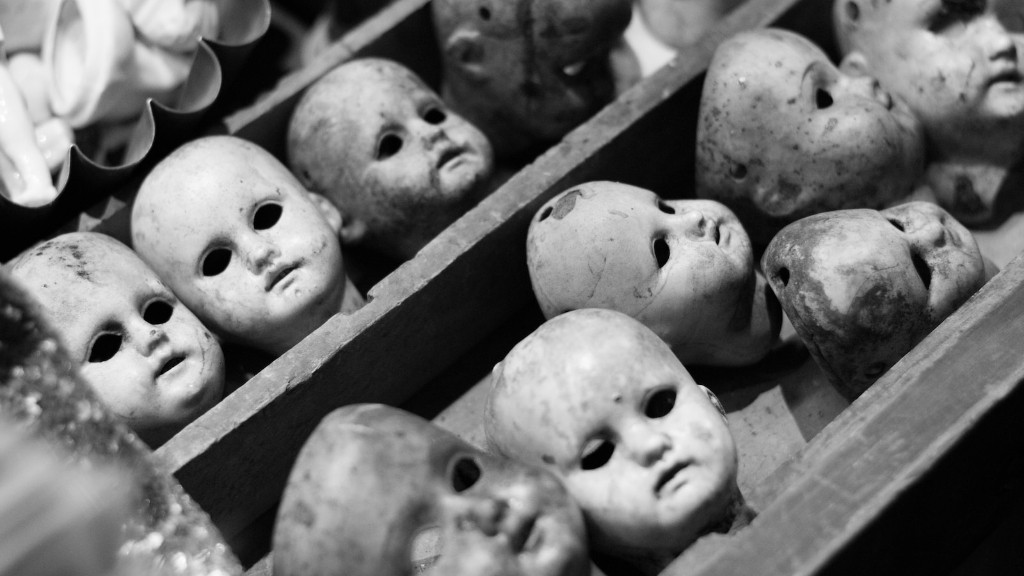Watching horror movies is a different experience for women than it is for men. Women are more likely to be scared by the movies, and they are more likely to have nightmares after watching them. For some women, watching horror movies is a way to get a thrill, and for others, it is a way to face their fears.
There is no definitive answer to this question as it is different for every woman. Some women may find that they are more affected by horror movies than others, while some may find that they are not affected at all. It really depends on the individual woman and her own personal preferences.
How are women viewed in horror films?
It’s no secret that women are often objectified in films. Their characters are underwritten, they are stereotyped, pushed to the margins of the story, and even turned into caricatures. In many films, women play the damsel in distress, the femme fatale, or the girl next door. This is a problem because it perpetuates the idea that women are only worth their looks or their sexual appeal. It’s time for Hollywood to start writing strong, complex female characters that are more than just objects of desire.
Horror is often seen as a masculine genre, but it can be just as appealing to women. Rather than being characteristically repulsed, or finding comfort in replicating societal roles, women seem to turn to horror for the way it releases them from expected reactions. We can scream, we can laugh, we can be grossed out – and none of it is considered un ladylike. In fact, it might even be considered empowering. Horror allows us to explore the dark side of human nature, and to tap into our own primal fears and desires. It can be a cathartic experience, and one that reminds us that we are not always the Damsels in Distress.
What gender watches more horror
One survey found that, on average, younger individuals tend to be more attracted to this scary genre; men are more likely to be fans of horror than women; and women versus men may like different aspects of a horror experience.
The horror genre is often driven by leading ladies. Some critics argue that this is because it is easier for audiences to fear a protagonist who is viewed as weak in comparison to the thing that is feared. This may be true in some cases, but it is not the only reason why women are often cast in these roles. Women are also often seen as more vulnerable and in need of protection, which makes them ideal candidates for the damsel in distress trope. Additionally, women are often used in horror movies as sex objects, which furthers the audience’s fear and disgust.
What type of person likes horror movies?
There is a lot of debate surrounding the factors that contribute to a person’s enjoyment of horror. Some of the personality traits and cognitive/affective traits that have been implicated include sensation seeking, empathy, theory of mind, need for affect, the dark tetrad, and personality. Other individual differences include age and sex.
There is no one definitive answer, and it is likely that different people enjoy horror for different reasons. However, understanding some of the potential factors can help to shed some light on why this genre is so popular.
The excitation transfer process is a psychological phenomenon that occurs when the residual arousal from one stimulus is transferred to another stimulus. This can happen when people are exposed to a frightening film and the residual arousal from the film is transferred to the person’s current environment. This can lead to feelings of anxiety and fear even when there is no immediate threat.
Why are women scared of horror movies?
In a study, it was found that women are more likely to anticipate scary scenes in horror films than men. Thirty men and women had their brain activity measured as they viewed positive and negative pictures, such as nice landscapes and extreme violence. The results showed that women were more likely to experience negative emotions in response to the negative pictures. This suggests that women may be more prone to anxiety and fear than men.
Horror entertainment can be a great way to get your adrenaline going. It can also help you to process your surroundings and conclusion that the experience is not a genuine threat. This knowledge of personal safety is one reason horror fans habitually watch scary movies.
Why do girls like watching horror
There are many reasons why girls may enjoy horror movies. One reason could be that they feel a sense of safety when watching from afar. They aren’t in the movie and therefore don’t have to worry about the things that go bump in the night. Additionally, horror movies often have a sense of suspense and fear which can be thrilling for some. For some girls, it may also be a way to vicariously experience fear and adrenaline without actually putting themselves in danger.
Horror fans have been unfairly maligned as being coldhearted and lacking in empathy, but new research suggests that this may not be the case. In fact, horror fans and those who are morbidly curious may actually score higher in empathy than the average person. These findings challenge the long-held belief that horror fans are lacking in empathy and suggest that they may be more compassionate than previously thought.
Who is the target audience for horror?
”
The usual age for the target audience of a horror film is 15- 25. The most common reason for this is that young adults and teenagers enjoy thrills. These thrills are more likely to excite a younger audience rather than an older one.
This could be due to the fact that women are more in touch with their emotions than men, and therefore prefer genres that reflect that. Alternatively, it could be because men are more inclined to want to see action and violence on screen, which is typically found in suspense and dark comedy genres.
Why horror is the most feminist genre
Horror, as a genre, is adept at showcases how women are gaslighted in real life. Through the use of suspense, fear, and sometimes even graphic violence, horror movies are able to show how women are manipulated – mind, body, and soul – in this patriarchal system.
One of the most common ways that horror movies gaslight women is by having the female lead character be led to downplay her intuition. In many cases, the female lead is the only one who intuits that something is wrong, but she is often talked out of her fears by the male lead or other male characters. This not only silences the female voice, but also gives the impression that women’s intuition is not to be trusted.
Another way horror movies gaslight women is by normalising worldviews that favour the majority men. This is often done through the use of the “final girl” trope, where the last woman standing is the only one who is able to defeat the villain. While this may be empowering in some ways, it also reinforces the idea that women need a man to protect them and that they are not capable of protecting themselves.
Horror movies are often criticized for their portrayal of women, but there is no denying that they
The male gaze is a term used to describe the way female characters are depicted in a sexualized, de-humanizing manner in media. This term was coined by Laura Mulvey in “Visual Pleasure and Narrative Cinema”. Mulvey argues that because media often depict women as they are seen through the male gaze, women tend to adopt this male perspective. This can lead to a number of problems for women, including self-objectification and a lack of confidence.
What does it say about you if you like horror movies?
This is an interesting perspective on why people might like or not like horror films. It makes sense that people who are less empathetic would be more likely to enjoy watching horror films, because they don’t get attached to the characters and feel their emotions. On the other hand, people who are more empathetic would not enjoy watching horror films, because they would get too attached to the characters and feel their emotions.
Some people enjoy feeling anxious and stressed out by watching frightening films. This is because the film activates the body’s sympathetic nervous system, which causes the body to feel stress and anxiety. For some people, this is a welcome thrill. They enjoy feeling the adrenaline rush that comes from being scared.
What personality type would survive a horror movie
The ISTJ always survives the horror movie. They’re cautious to a fault, they trust no one and they aren’t afraid to do what needs to be done in the name of self-preservation. They’re the one holding the traumatized group together years after the horror has passed.
This is why it’s important to be mindful of what we’re exposing ourselves to, especially when we’re feeling vulnerable. If we know that watching certain images or videos is likely to trigger our anxiety, it’s best to avoid them.
Final Words
Horror movies may be different for women in some respects, but not all. Women may be more prone to fear certain scenes or images, but they can also find horror movies empowering. It all depends on the individual woman’s reaction.
women are more likely to be afraid of horror movies because they are more likely to be raped or attacked by a man than men.
